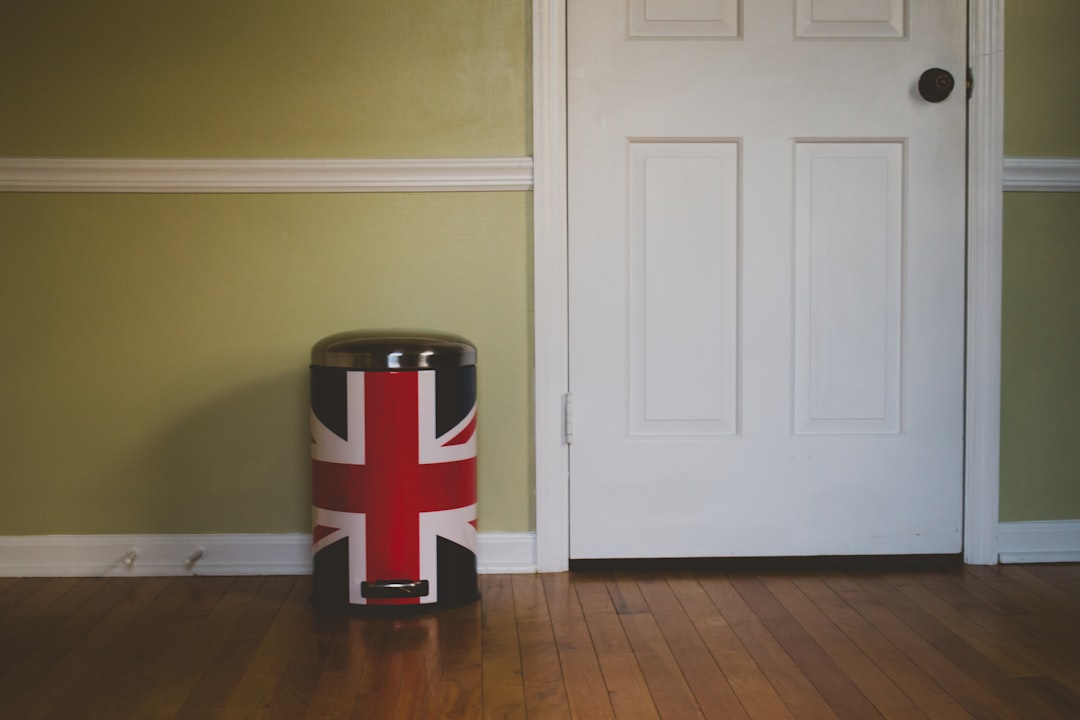American vs. British Jokes: A Dive into Humor Across the Pond
Humor is one of the most distinctive features of a culture. While American and British societies share a common language and many historical ties, their approaches to comedy and jokes often differ. Understanding these differences provides not only entertainment but insight into the cultural values and worldviews of each nation. This article explores American and British jokes, contrasting their styles, themes, delivery, and what audiences from both cultures find funny.
1. Historical and Cultural Context
Both nations have a rich comedic heritage. British humor traces its roots from Shakespearean wit through Monty Python's absurdity to the dry, satirical currents of modern British sitcoms like "The Office" (UK) and "Blackadder." American humor, on the other hand, evolved from Mark Twain’s sharp observations, vaudeville slapstick, and later, the broad appeal of Hollywood films and stand-up comedy.
| Aspect | United Kingdom | United States |
|---|---|---|
| Roots | Satire, irony, wordplay; Shakespeare, Wilde | Satire, slapstick, storytelling; Twain |
| Modern Influences | Monty Python, Ricky Gervais, Peep Show | SNL, Dave Chappelle, The Simpsons |
| Notable Genres | Dry humor, black comedy, absurdism | Observational, slapstick, insult comedy |
2. Key Features of British Jokes
British humor is famous for:
Dryness and Understatement
British jokes often use understatement, preferring subtlety over overt punchlines.
Example:
"I used to think I was indecisive, but now I’m not so sure."
Irony and Sarcasm
Irony is a staple, sometimes so dry it borders on deadpan or self-deprecating.
Example:
"I’m not saying your perfume is too strong. I’m just saying the canary was alive before you got here."
Wordplay and Cleverness
Puns, double entendres, and linguistic tricks are loved in Britain.
Example:
"I'm reading a book on anti-gravity. It's impossible to put down."
3. Key Features of American Jokes
American humor tends to be:
Direct and Exaggerated
American jokes are typically more direct, with punchlines designed for immediate laughs.
Example:
"Why don’t scientists trust atoms? Because they make up everything!"
Observational and Relatable
Comedians often focus on shared experiences or social commentary.
Example:
"I'm not great at the advice. Can I interest you in a sarcastic comment?" — Chandler Bing, "Friends"
Larger-than-life and Physical
Physical humor (slapstick), exaggeration, and over-the-top situations are common.
Example:
A classic pie-in-the-face gag or pratfall.
4. Common Themes
| Theme | British Jokes | American Jokes |
|---|---|---|
| Self-deprecation | Frequent | Less common |
| Mocking authority | Constant, subtle | Occasional, can be overt |
| Social awkwardness | Explored in depth | Explored, but often resolved |
| Optimism/Pessimism | Often dark or pessimistic | Often upbeat or optimistic |
5. Types and Examples: Side-by-side
| Joke Type | British Example | American Example |
|---|---|---|
| Self-deprecating | "I'm not lazy, I'm just very relaxed." | "I'm not arguing, I'm just explaining why I'm right." |
| Absurdist | "I told my wife she was drawing her eyebrows too high. She looked surprised." | "Did you hear about the claustrophobic astronaut? He just needed a little space." |
| Irony/Sarcasm | "The weather's lovely (as it pours with rain)." | "I'm not superstitious, but I am a little stitious." (The Office US) |
| Pun/Wordplay | "Time flies like an arrow. Fruit flies like a banana." | "I would tell you a construction joke, but I’m still working on it." |
6. Delivery and Performance
British Comedy Delivery:
- Usually drier, more deadpan.
- More pauses and “throwaway” lines.
- Often masks the joke within normal conversation.
American Comedy Delivery:
- Bigger emphasis on timing, punchlines.
- More expressive delivery, facial expressions, and body language.
- Jokes are often signaled more obviously to the audience.
7. Notable Comedic Shows & Figures
| Category | United Kingdom (UK) | United States (US) |
|---|---|---|
| Sitcoms | The Office (UK), Fawlty Towers | Friends, Seinfeld, The Office (US) |
| Stand-up | Ricky Gervais, Eddie Izzard | Jerry Seinfeld, Ellen DeGeneres |
| Sketch Comedy | Monty Python, Little Britain | Saturday Night Live, Key & Peele |
8. What Each Nation Finds Funny
- Brits: Appreciate the ability to be laughed at, and enjoy jokes at the joke-teller’s own expense.
- Americans: Prefer stories that triumph over adversity, and comedy that pokes fun at external targets.
9. Summary Table: Key Differences
| Feature | British Jokes | American Jokes |
|---|---|---|
| Style | Subtle, understated, dry | Direct, bold, punchy |
| Common themes | Self-deprecation, irony | Observation, exaggeration |
| Delivery | Deadpan, conversational | Expressive, physical |
| Linguistic tricks | Wordplay, puns | Relatable language, narrative |
| Sample audience reaction | Polite, slow-burning laughter | Loud, immediate laughter |
10. Conclusion
American and British jokes, while rooted in a shared English language and similar heritage, have unique flavors. British humor thrives on understatement, self-deprecation, and clever wordplay, generally delivered in a dry style. American jokes feature directness, universal relatability, and an often exuberant delivery, all aimed at eliciting strong, immediate reactions.
Both traditions are respected and enjoyed worldwide, and perhaps the funniest joke of all is how enjoyable it is to see the two playful cultures gently ribbing each other about whose humor is truly the best.
11. Sample Joke Exchange
British:
"Americans think 100 years is a long time; the British think 100 miles is a long way."
American:
"The British drive on the wrong side of the road. In fact, they drive on the wrong side of everything!"
References
- Mintz, L. E. (1985). Standup Comedy as Social and Cultural Mediation. American Quarterly.
- Double, O. (2014). Getting the Joke: The Inner Workings of Stand-Up Comedy.
- The Guardian, BBC Comedy Guide, Comedy Central
Laugh on, wherever you are—and whether you prefer your jokes with a side of sarcasm or a splash of slapstick!
